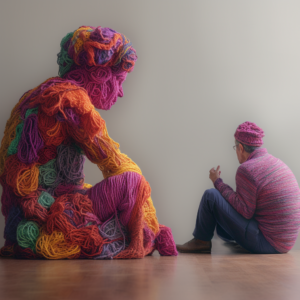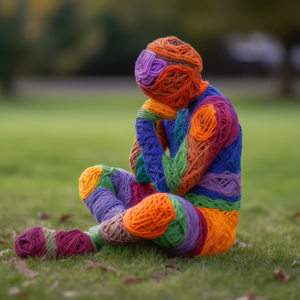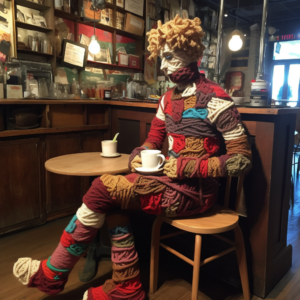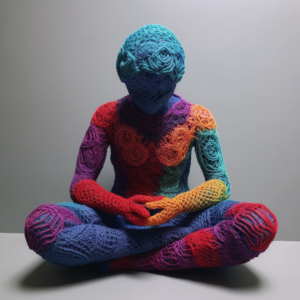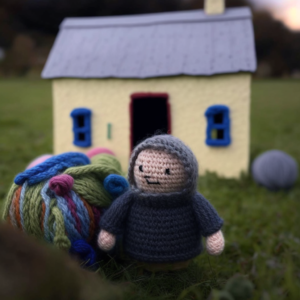The media has a significant impact on public perception and understanding of autism. Unfortunately, many media portrayals of autistic individuals perpetuate harmful stereotypes and inaccuracies, which can lead to widespread misconceptions and stigmatization. In this article, we’ll examine the representation of autism in the media, discuss common stereotypes, and explore the impact on public perception. We’ll also offer suggestions on how to promote accurate and positive portrayals of autistic individuals in the media.
Stereotypes in Media Portrayals of Autism
Media representations of autism often perpetuate stereotypes that can be harmful to the autistic community. Here are a few common stereotypes that are often seen in the media:
-
The “socially awkward genius” stereotype
portrays autistic individuals as socially inept but intellectually gifted. This stereotype suggests that autistic individuals are only valuable for their exceptional talents and disregards the diversity of their experiences and abilities.
-
The “violent” stereotype
suggests that autistic individuals are prone to violent outbursts or dangerous behavior. This stereotype is not only inaccurate but also contributes to a climate of fear and hostility toward autistic individuals.
-
The “tragic victim” stereotype
portrays autistic individuals as pitiable and helpless. This stereotype ignores the strengths and resilience of autistic individuals and reinforces the idea that they are a burden on society.
The Impact of Stereotypes on Public Perception
Stereotypes in media portrayals of autism can have a significant impact on public perception. When media representations rely on stereotypes, they create a narrow and distorted view of autistic individuals, which can lead to stigmatization and discrimination. Stereotypes also perpetuate the myth that autistic individuals are fundamentally different or flawed, which can further marginalize them.
Promoting Accurate and Positive Media Representation
It’s essential to promote accurate and positive media representations of autism. Here are some suggestions on how to do so:
-
Amplify autistic voices
Autistic individuals should be the ones to tell their stories and shape media narratives about autism. Supporting and promoting autistic voices can help to challenge stereotypes and promote accurate representation.
-
Educate media professionals
Many media professionals may not have a deep understanding of autism and its complexities. Offering training and resources to journalists, filmmakers, and other media professionals can help to promote accurate representation.
-
Challenge harmful stereotypes
When you see harmful stereotypes in media representations of autism, speak up. Write letters to media outlets, share your thoughts on social media, and engage in advocacy efforts to challenge harmful stereotypes.
Shattering Stereotypes: Accurate Media Representation Matters
Media representation of autism plays a significant role in shaping public perception and understanding of autism. Unfortunately, many media portrayals rely on harmful stereotypes that perpetuate misconceptions and stigmatization. By promoting accurate and positive representations of autistic individuals in the media, we can challenge harmful stereotypes and support the full inclusion of autistic individuals in society.
Let’s work together to promote accurate and positive representations of autism in the media. What are some ways you can advocate for accurate portrayals of autism in media and entertainment? Share this article from Epic Autism with your friends and family, and start a conversation about the importance of representation. Let’s help create a world where autistic individuals are seen and heard in a positive light.


